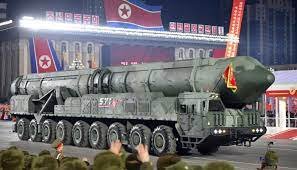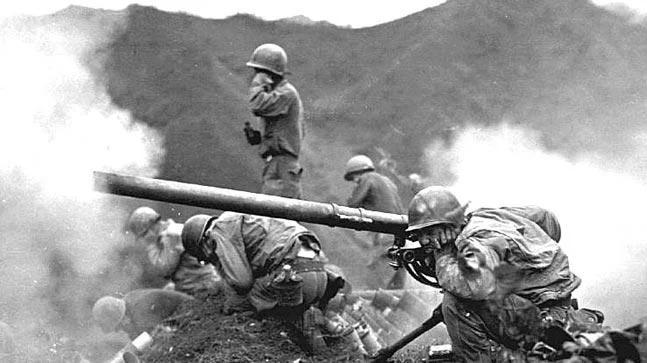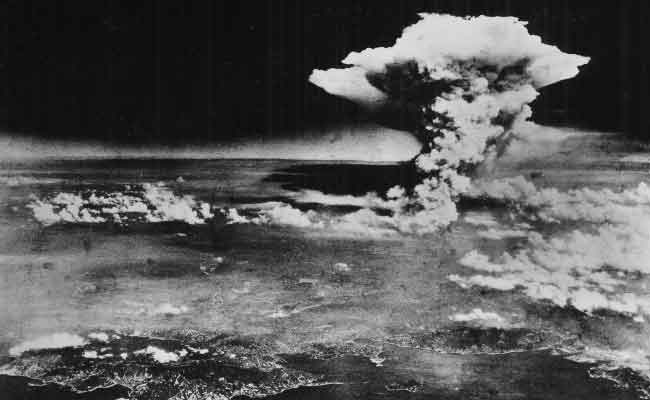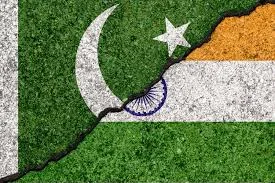The possibility of nuclear war has been a subject of global concern for decades. As of 2025, while the likelihood of a full-scale nuclear conflict remains relatively low, rising geopolitical tensions, military modernization, and regional disputes have kept the threat alive. Examining possible scenarios helps policymakers and citizens understand the risks and the importance of diplomacy.
Geopolitical Tensions of Nuclear War Possible Scenario in 2025
The world is witnessing renewed competition among major powers. The United States, Russia, and China continue to modernize their nuclear arsenals, while regional powers like India, Pakistan, and North Korea maintain their own nuclear capabilities. Escalating conflicts—whether in Eastern Europe, the South China Sea, or South Asia—could increase the chances of miscalculation.
Regional Flashpoints
- Eastern Europe: The ongoing strain between NATO and Russia could intensify if conventional conflicts expand, raising the danger of tactical nuclear weapon use.
- South Asia: The India-Pakistan rivalry remains a nuclear flashpoint. Any large-scale conflict over territorial disputes could spiral beyond conventional warfare.
- East Asia: North Korea’s nuclear program continues to pose a risk, especially if miscommunication occurs with the U.S. or its allies.
Modern Warfare and Nuclear Risk
In 2025, cyber warfare and artificial intelligence play a greater role in defense systems. While these technologies provide advantages, they also create new risks. Cyberattacks on nuclear command-and-control systems could lead to accidental launches or false alarms, triggering escalation.
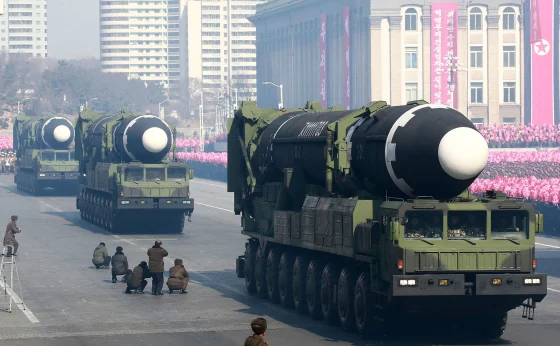
Deterrence and Diplomacy
Despite risks, nuclear deterrence still prevents large-scale wars. The principle of “Mutually Assured Destruction” (MAD) discourages states from using nuclear weapons first. However, deterrence is not foolproof; misjudgments or unauthorized use remain concerns.
International diplomacy, arms control treaties, and communication hotlines remain critical in preventing escalation. The suspension or weakening of arms agreements in recent years has raised alarm, but renewed global cooperation could lower the threat.
A nuclear war in 2025 is not inevitable, but possible scenarios exist if regional conflicts escalate or miscalculations occur among nuclear-armed states. The key to preventing such a catastrophe lies in strengthening diplomacy, rebuilding trust, investing in arms control agreements, and ensuring reliable communication channels between nations. Humanity’s survival depends on recognizing the devastating consequences of nuclear war and acting collectively to prevent it.
![]()

